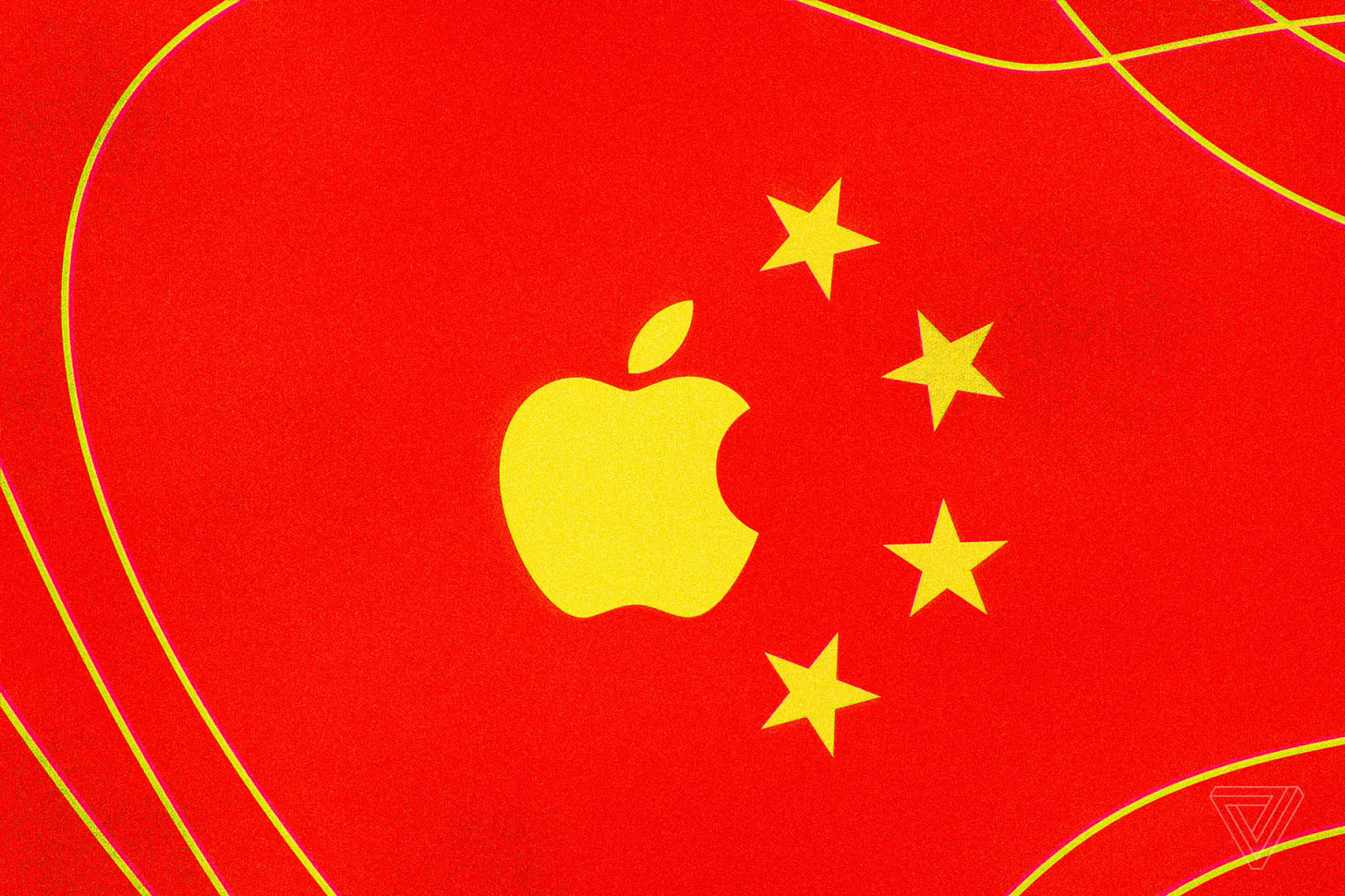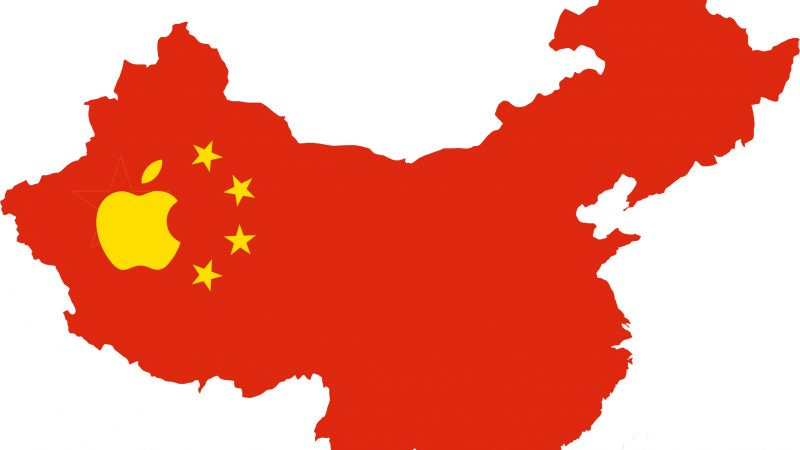Apple’s iPhone recently became the top-selling smartphone in China—its second-biggest market after the US—for the first time since Apple tried to break into China’s market in 2016. Apple owes much of that success to CEO Tim Cook, who laid the foundation for their success years ago. Before we dive deeper into Apple’s new found success we have to examine Apple’s past.
Remember when Apple refused to help the FBI in 2016? The Justice Department tried to sue Apple into giving the FBI access to a phone used by Syed Farook, who was responsible for the mass shooting in San Bernardino, California? At the time, Apple chief executive Tim Cook called the order “chilling” and said it would require writing new software that would be “a master key, capable of opening hundreds of millions of locks”.
“We have always maintained there is no such thing as a backdoor just for the good guys. Backdoors can also be exploited by those who threaten our national security and the data security of our customers.” Hold this thought for a moment, I will get back to it.
In 2016 Apple was refusing to help the FBI and the Justice Department to unlock an iphone, to which I agree with Apple in this instance. I would like to say Apple was standing up for privacy rights, but I can’t. I can’t say that because Apple was involved in some back room bargaining with the Chinese Communist Party.
I alluded earlier to Apple’s success in China to CEO Tim Cook. But, take Apple’s success with a grain of salt because while Apple was defying the FBI’s request to gain access to Syed Farook’s iPhone in 2016, Cook was laying the foundation for their success in China. Apple’s success was based on a five year agreement Cook secretly signed—estimated to be worth more than $275 billion—with the CCP. When Apple’s deal with the CCP is juxtaposed with Apple’s feud with the FBI it just goes to show how greedy Cook and company really are.
Another example of Apple’s greed is exemplified with getting the CCP’s approval to sell their Apple Watch in China. In order to get approval from Chinese regulators, China's State Bureau of Surveying and Mapping had directed Apple Maps to make the Diaoyu Islands, or Senkaku Islands, which China and Japan both claim to own, look big even when zoomed out. Apple is getting involved in geopolitics just to make a buck.
In 2016, despite US regulations which prohibit Apple from handing data over to Chinese authorities, the CCP approved a new cybersecurity law which would force Apple to store customer data on local servers. The following year, Apple signed an agreement with the Guizhou government which controls Guizhou-Cloud Big Data (GCBD) to begin setting up its first data center in the country.
The deal with Guizhou-Cloud Big Data (GCBD) basically allows Chinese authorities to demand data from the telecom firm, rather than Apple. China also reportedly wouldn't accept Apple's use of encryption technology that it typically uses in its data server centers, so the company agreed to abandon it.
Remember this quote from Cook on security? “We have always maintained there is no such thing as a backdoor just for the good guys. Backdoors can also be exploited by those who threaten our national security and the data security of our customers.” It didn’t hold true for the FBI so why not for the CCP?
The Take Away
Examining Apple’s stance between the US Justice Department and the CCP when it comes to security, it really comes down to money. The CCP gave Apple the chance to make a lot of money by propping them up and eventually becoming the number one smart phone in China as long as they played by their rules.
Had the Justice Department been successful at gaining a back door to iPhones if they had granted certain concessions to Apple. What concession would appease Apple? Maybe Apple being able to move all their offshore money to American banks without being taxed would do the trick.
I think had the US government offered Apple a sweet deal, Apple would’ve “[written] new software that would be ‘a master key, capable of opening hundreds of millions of locks.’” Apple abandoned its use of encryption technology that it typically uses in its data server centers for Guizhou-Cloud Big Data (GCBD) so why not for the US government?
















Is Apple anti American?